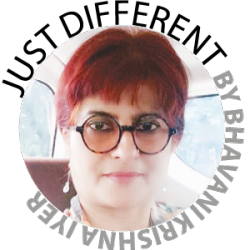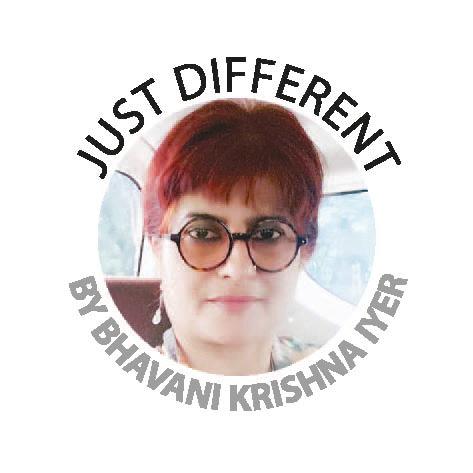KRISH (not his real name) is unstoppable in his pursuit of a normal life. He only wants to be professional with a “decent” job and would not settle for anything less but the journey to where he is now at 19 has not been easy.
Vulnerable, depressed and dejected, his journey has been on the basis of small achievements within a grander plan to do better incrementally, through each phase in his life.
Diagnosed as a dyslexic with severe reading and writing impairment at age six, his first brush with society’s lack of understanding of his impairment caused a huge dent in his self-worth.
At primary school, he was unfairly treated and had to endure countless tribulations due to a school system that didn’t know what dyslexia was and teachers who do not care to know.
His self-esteem was often the casualty.
Thankfully, he received early intervention from a specialist teacher who started working on him right from age seven.
The National Dyslexia Association later came into the scene and it was God-sent.
Krish was taken out of the normal school and he attended private classes at the centre set up by the association.
The six months he spent at the centre gave him a new sense of hope and he enjoyed the classes while learning to read, write and count.
The freedom to just be himself called for daily celebration.
Krish later returned to another regular government school which offers dyslexia education support.
Unfortunately, there are not that many such schools due to lack of resources.
Krish was no longer alone.
He had the support of the teachers and his peers who were like him.
Acceptance and the caring atmosphere at the school gave Krish another boost.
By the time he finished his primary education, he had almost completely overcome his disability to read and write.
However, there was lots more to do as he was not able to perform as well in his studies as his cousins.
Mathematics, in particular, is an enigma for him.
In secondary school, he strove hard, spending hours each day revising and developing his own method to train his brain to retain facts and figures to be regurgitated during examinations.
Alas, typical of dyslexics, he had a huge problem with retaining facts but he struggled harder, not wanting to give up.
During every examination, without fail, he would go through days of anxiety and bouts of frustration.
He set for himself rigid timetables for studies, and was more than glad to give up all forms of entertainment and recreation.
The happiest moment in his life was when he held the SPM result slip in his hand. The slip showed that he had passed all subjects he sat for with good credits.
It was an endorsement of sorts that Krish made it like his peers, and yet it was farthest from the truth.
But he wasn’t going to stop at that – he decided he will do a business course and has just finished his foundation studies.
He has his own role models and his older brother is one and nothing will come in his way.
Meanwhile, struggling to create an identity for himself, he has physically transformed himself, making heads turn his way and he finds great thrill having achieved this.
The child in him has broken free and the young adult he is now is screaming for acceptance, ratification and understanding from people that he has every right to be treated as a normal adult.
Dyslexia is a silent tormentor.
Dyslexia is a learning disorder that involves difficulty in reading due to problems identifying speech sounds and learning how they relate to letters and words.
Also called reading disability, dyslexia affects areas of the brain that process language.
It is thought to be caused by impairment in the brain’s ability to process phonemes, which are the smallest units of speech that make words different from each other.
It does not result from vision or hearing problems.
It is not due to mental retardation, brain damage, or a lack of intelligence.
People with dyslexia remember things differently from non-dyslexics.
They have excellent long-term memory for experiences, locations, and faces and poor memory for sequences, facts and information that has not been experienced.
They think primarily with images and feeling, not sounds or words.
On the occasion of the World Dyslexia Awareness Day, which passed without much ado on Oct 8, the point of this story is that the Malaysian education system has major gaps in the provision of support for dyslexic children.
The lower ranks of our society struggle to cope with such children because special education has become a money spinner.
The support provided at schools is not widespread and does not reach all.
Additionally, at higher education, dyslexics who are academically inclined and do not want to get into vocational training have little opportunity to move forward.
Rigidity abounds in the our education system that recognises only academic performance.
Also, on the occasion of World Mental Health Day, let us be reminded that dyslexia may not be associated with mental illness but the results of its reality can trigger mental illness.
Dyslexics may display some characteristics of mental illness such self-esteem issues, mood swings and obsessions.
Let’s create a world where inclusivity does not remain mere rhetoric.
Comments: letters@thesundaily.com















